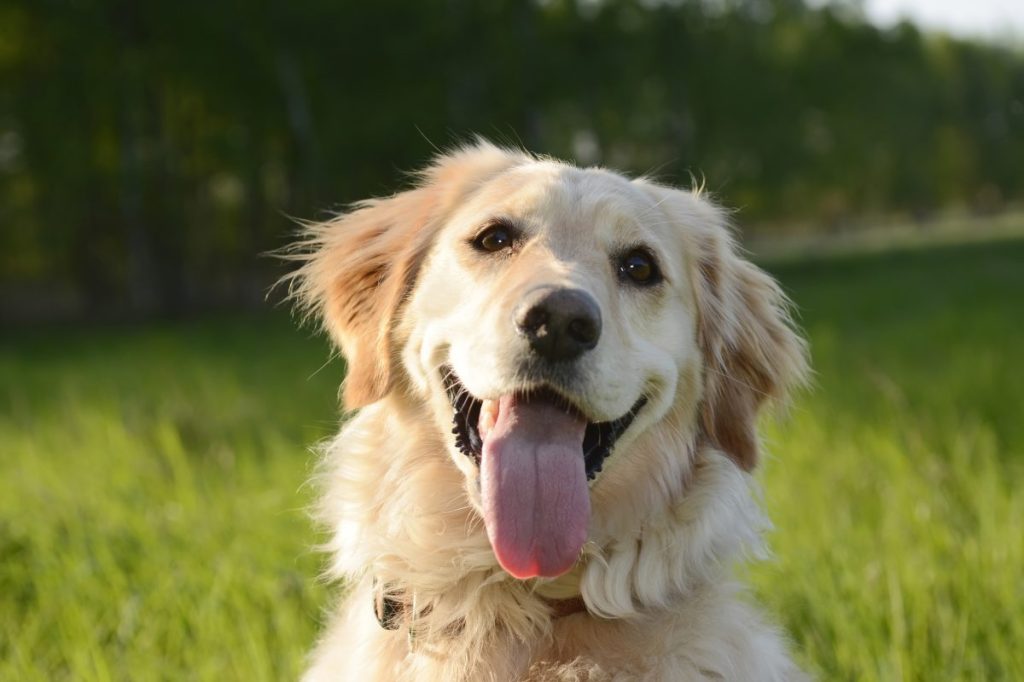On a serene morning along Florida’s picturesque Gulf Coast, a heartwarming scene unfolded as Hunter, an 11-year-old Golden Retriever, exhibited the epitome of joy and vitality. Despite having only three legs — a result of a battle with bone cancer — his zest for life was palpable as he playfully engaged with his surroundings. Hunter’s remarkable recovery can be credited to…

If you are a first-time dog owner, we are sure you might have hundreds of questions, especially dental-related ones. Does…



